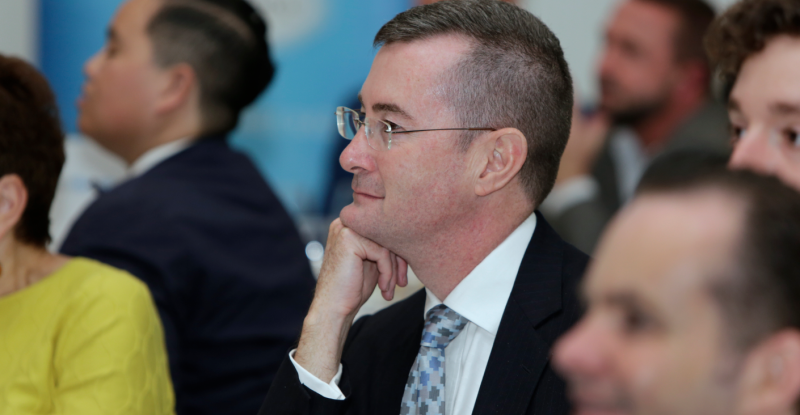
In the midst of Mental Health Month, we are preparing to raise the profile of mental health, educating local communities about mental health and the experience of mental ill-health. Our work this month seeks to encourage help seeking when things are not going well, and to counter the stigma and discrimination often experienced by people with a lived experience of a mental health issue that can prevent them seeking help.
The recently released Disability Royal Commission’s final report highlights that we have a long way to go to achieve the full inclusion of people with disability, including those with a psychosocial disability. The challenge outlined in the Royal Commission Report, and by people with disability and their representative organisations to our parliaments and the community, is to consider what inclusion means and how it is achieved, and to make that a priority.
Reflected in the UN Convention on the Rights of Persons with Disabilities (UNCRPD) and the associated General Comments on the UNCRPD, full inclusion of people with disability in the community and services is a human right they must be able to access and enjoy. If we are committed to human rights, the release of the Disability Royal Commission’s Report and the commencement of Mental Health Month, are opportunities for us to reflect on how we promote inclusion, and draw on the many talents of people with lived experience of a mental health issue in communities and service organisations, as organisational leaders, as lived experience (peer) workers, and in service co-production.
This position is consistent with the theme for Mental Health Month, “We all have a role to play” and the World Mental Health Day theme, “Mental health is a universal human right”.
I hope you join us in promoting lived experience leadership and governance as one of the responses to the Disability Royal Commission’s recommendations, and as a fundamental part of our commitment to protecting and promoting human rights.
Mark Orr
Chief Executive


